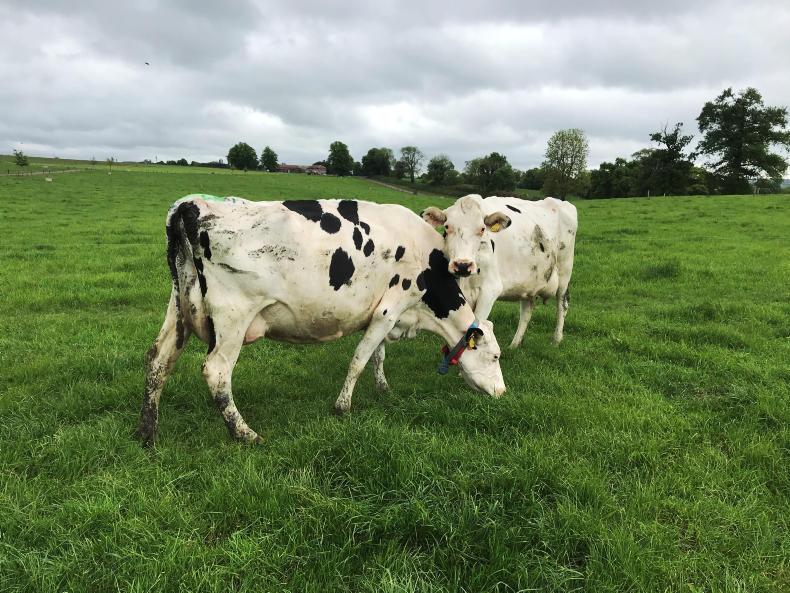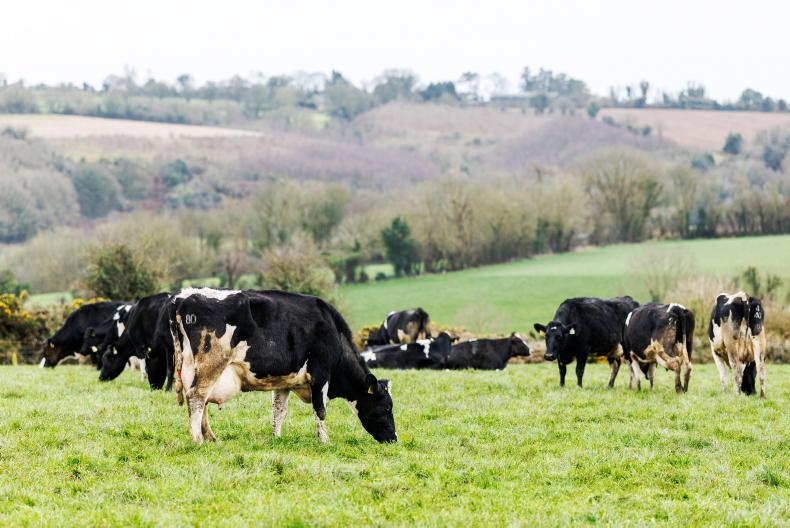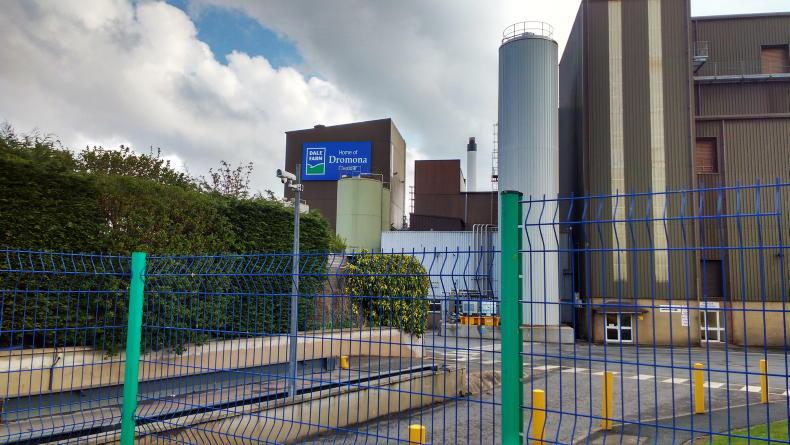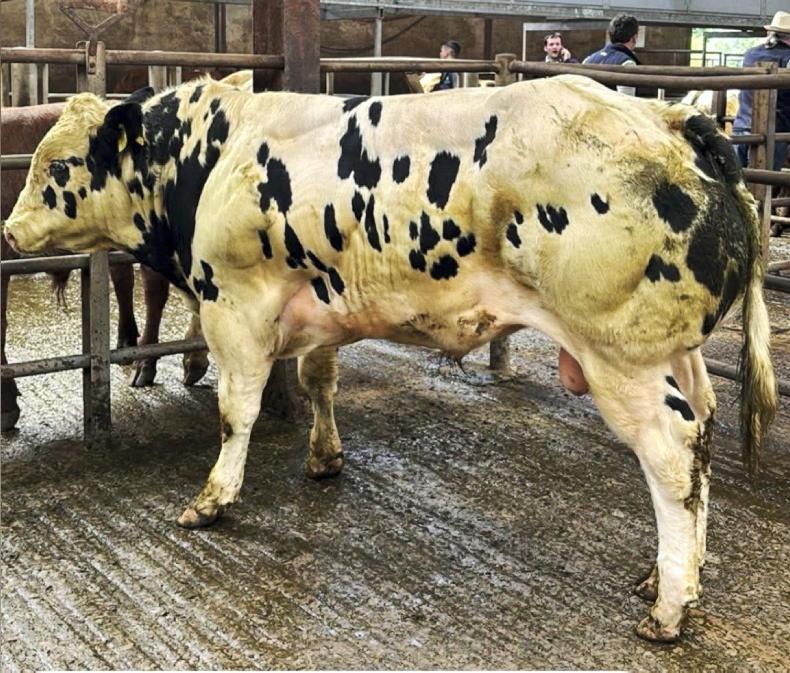As first reported in the Irish Farmers Journal back in May, issues have emerged with the way the EBI is being calculated for dairy animals.
The problem relates to the use of genomic evaluations and how genomics over-predicts actual performance.
The ICBF has now announced that it is going to reduce the amount of genomic data that can be used to formulate an animal’s proof.
Speaking at a webinar last week, ICBF geneticist Ross Evans said that the EBI of some young dairy bulls is set to drop by as much as €125 when the changes are implemented in the October evaluation run.
The average drop for 2020-born prospective AI bulls will be €78 and most of this drop will be in the fertility sub-index, as this is where genomics has been most inaccurate at predicting performance.
“What we’re seeing is the push towards younger sires. Younger sires’ sons are widening out the gap between the young animal that is getting genotyped and requiring a genomic breeding value, and a reliable ancestor that’s in the training population from a couple of generations back,” Evans said.
The use of genomically selected bulls has been heavily promoted by the ICBF, Teagasc and AI stations.
Irish farmers are among the highest users of genomics in the world, with almost 80% of all AI bulls used in 2020 having a genomic proof.
This contrasts with just 30% of bulls used in New Zealand having a genomic proof.
Read more
Genomic selection: is it all OK?
Dairy breeding: an international perspective
As first reported in the Irish Farmers Journal back in May, issues have emerged with the way the EBI is being calculated for dairy animals.
The problem relates to the use of genomic evaluations and how genomics over-predicts actual performance.
The ICBF has now announced that it is going to reduce the amount of genomic data that can be used to formulate an animal’s proof.
Speaking at a webinar last week, ICBF geneticist Ross Evans said that the EBI of some young dairy bulls is set to drop by as much as €125 when the changes are implemented in the October evaluation run.
The average drop for 2020-born prospective AI bulls will be €78 and most of this drop will be in the fertility sub-index, as this is where genomics has been most inaccurate at predicting performance.
“What we’re seeing is the push towards younger sires. Younger sires’ sons are widening out the gap between the young animal that is getting genotyped and requiring a genomic breeding value, and a reliable ancestor that’s in the training population from a couple of generations back,” Evans said.
The use of genomically selected bulls has been heavily promoted by the ICBF, Teagasc and AI stations.
Irish farmers are among the highest users of genomics in the world, with almost 80% of all AI bulls used in 2020 having a genomic proof.
This contrasts with just 30% of bulls used in New Zealand having a genomic proof.
Read more
Genomic selection: is it all OK?
Dairy breeding: an international perspective










SHARING OPTIONS